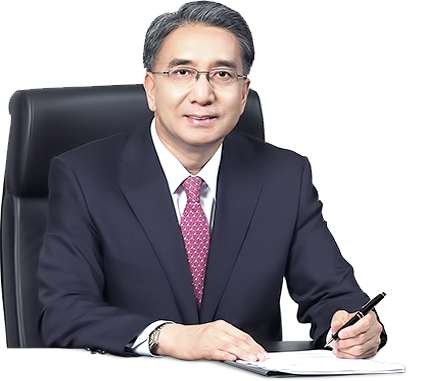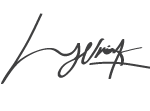PRINCIPLED LEARNERS
We work to mould ethical and visionary leaders. Ethical leaders have integrity, which means doing what is right no matter what others may think, say, or do. They consider the consequences of their actions (to self and to others); they ponder the pros, cons, and ethical dimensions of issues before acting; and, they earn admiration, trust, respect, and allegiance by being honest, sincere, respectful, encouraging, and kind. Visionary leaders are trailblazers and reformers. They ask “What if?” questions, envisioning ways to make their school, society, and country better. They play with ideas, critically examine them, and operationalize the ones that are most likely to succeed. Our teachers develop ethical leaders by coaching them to follow their moral compasses and by modeling honesty and fairness. They develop visionary leaders by inspiring their students to imagine a better future and empowering them to take positive action through local projects and global initiatives.
COOPERATIVE LEARNERS
We strive to develop skilled collaborators and communicators: team players who enjoy being part of something bigger than themselves. Skilled collaborators accept meaningful roles, bring out the best in others, achieve synergy, and complete tasks with a sense of responsibility. Skilled communicators convey their feelings, ideas, and perspectives clearly and respectfully. They give thorough and thoughtful answers and are not shy to ask questions. They are also expert presenters who speak articulately and confidently to diverse audiences. We teach specific communication and collaboration skills and provide opportunities for practice and reflection through class discussions, presentations, and public speaking events.
INCLUSIVE LEARNERS
We help learners to develop cultural humility and intercultural competencies such as listening attentively to diverse perspectives; making adjustments to respect people of other cultures, ethnicities, and identities; valuing the plurality of beliefs, values and traditions in our school and in the world; being comfortable with every kind of person; and creating a sense of belonging for all. Individuals with cultural humility build trust by listening actively, being nonjudgmental, showing openness to differences, and striving to understand other people’s beliefs, attitudes, values and expectations. Additionally, they reflect on their own attitudes, biases, prejudices and privileges in order to keep these in check. We promote cultural competence through class discussions, case studies, role plays, service learning activities, inter-cultural exposures, and by harnessing students’ diverse perspectives and cultural practices to build unity and national identity.
GLOBALLY AWARE LEARNERS
We strive to develop learners with broad world knowledge and deep understandings of social and environmental systems. To achieve this, we integrate current affairs and the UN Sustainable Development Goals (SDGs) into lessons and cross-curricular projects – providing students with opportunities to critically examine issues from a range of perspectives. Imbuing the curriculum with global issues helps to: i) make lessons captivating, ii) make abstract concepts easier to understand; iii) nurture empathy and spark positive action; iv) expand students’ vocabulary, digital literacy, and communication skills; v) bolster their confidence to express opinions and engage in intellectual discourse; vi) equip them to critically examine media sources in terms of distinguishing fact from fiction and spotting bias, rhetoric and exaggeration; and vii) raise their awareness that the world is getting better in many ways and can continue to do so.

 Westview Cambodian International School is the great extension to secondary education by the passionate leadership team of Learning Jungle International School Cambodia (LJIS) offering educational service only preschool to elementary program. With the strong support from parents, students, staff and the Ministry of Education, Youth and Sport, Westview Cambodian International School is created to offer the Secondary International Curriculum program built from the world renowned standards of education, American Common Core Standards (ACCS), and the Khmer language, history and culture into one unique curriculum from grade 7 to 12. Our mission is to educate our youth to become confident, equipped with global competencies whilst embracing their Cambodian identity, culture and values.
Westview Cambodian International School is the great extension to secondary education by the passionate leadership team of Learning Jungle International School Cambodia (LJIS) offering educational service only preschool to elementary program. With the strong support from parents, students, staff and the Ministry of Education, Youth and Sport, Westview Cambodian International School is created to offer the Secondary International Curriculum program built from the world renowned standards of education, American Common Core Standards (ACCS), and the Khmer language, history and culture into one unique curriculum from grade 7 to 12. Our mission is to educate our youth to become confident, equipped with global competencies whilst embracing their Cambodian identity, culture and values.